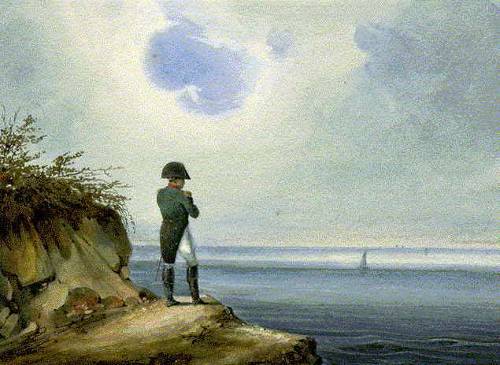Discovered by Zoran Radisavljevic — this set of 36 chemical elements:
HYDROGEN XENON BARIUM TANTALUM BORON PRASEODYMIUM IRIDIUM HASSIUM PLUTONIUM THALLIUM GERMANIUM SCANDIUM THULIUM EINSTEINIUM ERBIUM CADMIUM BERYLLIUM TIN ACTINIUM SEABORGIUM CARBON FLUORINE INDIUM OSMIUM NITROGEN POTASSIUM LEAD PROTACTINIUM SILICON LUTETIUM RHENIUM MERCURY ARGON NEODYMIUM PLATINUM THORIUM
… can be anagrammed into another set of 36 elements:
LANTHANUM OXYGEN TERBIUM RADON SAMARIUM DYSPROSIUM IODINE BOHRIUM ALUMINIUM CHROMIUM PALLADIUM TUNGSTEN LITHIUM CAESIUM DUBNIUM MEITNERIUM NIOBIUM YTTERBIUM GALLIUM ARSENIC IRON SODIUM NOBELIUM FRANCIUM ASTATINE STRONTIUM COPPER GADOLINIUM YTTRIUM SELENIUM CURIUM CHLORINE PROMETHIUM GOLD URANIUM ANTIMONY
UPDATE: Mike Keith discovered a “doubly true” transmutation in 1999 — this list:
HYDROGEN ZIRCONIUM TIN OXYGEN RHENIUM PLATINUM TELLURIUM TERBIUM NOBELIUM CHROMIUM IRON COBALT CARBON ALUMINUM RUTHENIUM SILICON YTTERBIUM HAFNIUM SODIUM SELENIUM CERIUM MANGANESE OSMIUM URANIUM NICKEL PRASEODYMIUM ERBIUM VANADIUM THALLIUM PLUTONIUM
… can be rearranged to spell:
NITROGEN ZINC RHODIUM HELIUM ARGON NEPTUNIUM BERYLLIUM BROMINE LUTETIUM BORON CALCIUM THORIUM NIOBIUM LANTHANUM MERCURY FLUORINE BISMUTH ACTINIUM SILVER CESIUM NEODYMIUM MAGNESIUM XENON SAMARIUM SCANDIUM EUROPIUM BERKELIUM PALLADIUM ANTIMONY THULIUM
And in this case, the equality still holds if you replace each element with its atomic number.
(Thanks, Tony.)


